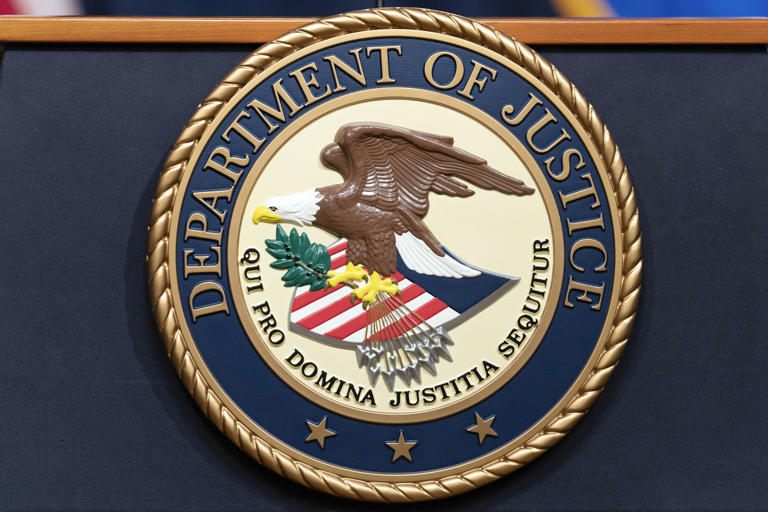A federal grand jury in California has charged Andrew Left, the founder of Citron Research and a well-known figure in the world of short selling, with multiple counts of securities fraud in connection with an alleged $16 million market manipulation scheme. The Department of Justice announced these charges on Friday, painting a detailed picture of Left’s alleged misconduct and its impact on the financial markets.
Left, who has made a name for himself as a short seller—profiting from declines in stock prices—faces serious allegations. The indictment includes one count of engaging in a securities fraud scheme, 17 counts of securities fraud, and one count of making false statements to federal investigators. These charges reflect the gravity of the accusations against him, which involve manipulating the stock market for personal gain.
According to the Justice Department, Left operated under the Citron Research name, a platform known for its investment analyses and recommendations. The indictment alleges that Left used this platform to publish commentary on various companies, including high-profile names such as Tesla, GameStop, Grand Canyon Education, and Peloton. His reports were often characterized by sensationalist headlines and exaggerated language designed to generate significant market reactions.
The core of the indictment revolves around Left’s alleged strategy of exploiting his influential position to manipulate stock prices. Before releasing his reports, Left reportedly created long or short positions in the stocks he intended to target. Once his commentary was published, it would typically cause substantial price movements, allowing Left to quickly close his positions and profit from the resulting short-term fluctuations. This tactic, according to the charges, was a deliberate attempt to manipulate the market and capitalize on the volatility he created.
The potential penalties for Left are severe. If convicted, he faces up to 25 years in prison for the securities fraud scheme charge, 20 years for each count of securities fraud, and five years for making false statements. These potential sentences underscore the seriousness of the alleged offenses and reflect the broad scope of the charges.
In addition to the federal charges, the Securities and Exchange Commission (SEC) has also filed a complaint against Left and Citron Research. The SEC alleges that Left and his firm were involved in a $20 million fraud scheme, employing “bait and switch” tactics to deceive investors. According to the SEC, Left exploited the trust of his readers, inducing them to make trades based on false pretenses. The SEC’s complaint, filed in the U.S. District Court for the Central District of California, seeks several remedies, including disgorgement of profits, prejudgment interest, civil monetary penalties, and conduct-based injunctions. These measures would prevent Left from holding any officer or director positions and bar him from trading penny stocks.
Citron Research has not yet responded to requests for comment on the allegations. However, the complaints reveal that Left has recently moved from Beverly Hills, California, to Boca Raton, Florida.
This case is not the first time Left has faced allegations of market misconduct. In 2016, a Hong Kong tribunal found him guilty of market misconduct related to false or misleading information about the Chinese property developer Evergrande. Despite the tribunal’s ruling, Evergrande’s financial troubles continued, culminating in the company’s order to liquidate earlier this year.
The recent charges against Andrew Left represent a significant development in the scrutiny of market manipulation practices. They highlight ongoing efforts to maintain integrity and transparency in financial markets. As the legal proceedings progress, this case is expected to have wide-ranging implications for the regulatory landscape governing securities trading and short selling. It underscores the increasing vigilance of regulators and the legal system in addressing and preventing market abuse.
